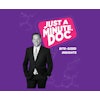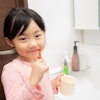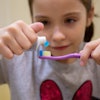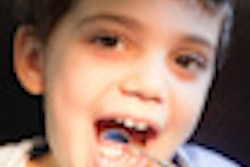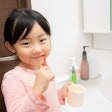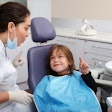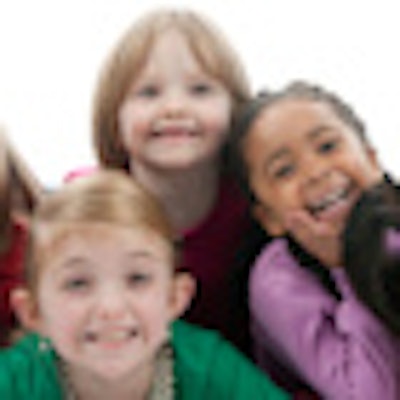
Healthy Smiles, Healthy Children (HSHC), the foundation of the American Academy of Pediatric Dentistry (AAPD), has awarded five new grants to organizations that provide oral healthcare to underserved children and children with limited access to care.
The foundation announced the grant awardees, each receiving up to $20,000, today during the AAPD annual meeting in New York City.
This year's recipients are listed below:
- Columbia University College of Dental Medicine's (CDM) Community DentCare program (New York)
- Desert Mission's Dental Care Expansion to Serve More Children in Need (Arizona)
- University of Southern California (USC) Herman Ostrow School of Dentistry's Homeless Children's Oral Health program (California)
- Illinois Chapter of the American Academy of Pediatrics' Bright Smiles from Birth program (Illinois)
- New York University's the ABC's of Early Childhood Oral Health for Rural Practitioners (New York)
HSHC, which was founded in 1987, has been awarding these grants for only three years, according to David Curtis, DMD, president of the HSHC and a practicing dentist in Columbus, MS. But in that time, member donations have grown dramatically.
"During HSHC's first years, we were primarily focused on raising money to become a viable entity, and we went from zero to a few hundred thousand dollars," he said. "Then a few years ago we had a fundraising campaign led by Paul Kennedy, DDS, that raised $7 million, and we made the decision to change our focus. Once we did that, and showed our supporters that we were going to put these funds in the hands of people who serve underserved children, we have grown tremendously."
The foundation is now pushing the $20 million mark, he added.
The maximum amount that currently goes to grantees is $20,000, according to Dr. Curtis. None of the money is used to pay dental care providers; instead, it is used to help awardees expand their reach within the community, including funding tools and instruments, patient and parent education materials, take-home supplies such as toothbrushes and toothpaste, and outreach efforts to recruit dentists to participate in program activities.
"If you ask any of the grantees, they would probably tell you that this money makes the difference between them being able to function or not," he said.
This year HSHC saw the number of applications for the access-to-care grants double to more than 130. An HSHC committee comprising university-based researchers evaluates each application, Dr. Curtis explained.
"What we are looking for are projects -- either standalone or mobile clinics -- that are reaching out into the community and providing care to the underserved population," he said. "There are several organizations out there saying they are reaching millions of children, but they really aren't. Our organization is about providing real dentistry to children in need."
While the committee members say it is extremely difficult to choose from among all the applications, "we believe that if we keep raising money like we have in recent years, we can fund four to five times the projects we are currently funding," he added.
Some grants are only for one year, but many are ongoing, Dr. Curtis noted. And each clinic or program reports to HSHC annually on the services it is providing.
"We feel very responsible that we hold these projects accountable, so we validate that they are doing what they said they would do," he said.
About 25% of U.S. children have nearly 80% of the cavities, the AAPD noted. Those at risk include children who are recent immigrants to the U.S., children in nonfluoridated communities, children from impoverished families, and children with special healthcare needs, such as the chronically ill, homebound, physically impaired, or developmentally disabled.
"With over 40% to 50% of children being affected by tooth decay before age 5, it's imperative that we continue to address key barriers to comprehensive quality oral healthcare," Dr. Curtis said. "We're thrilled to work alongside these grantees in their efforts to provide healthy smiles to all children."
